The views expressed in our content reflect individual perspectives and do not represent the authoritative views of the Baha'i Faith.
But, O my brother, when a true seeker determineth to take the step of search in the path leading to the knowledge of the Ancient of Days, he must, before all else, cleanse and purify his heart, which is the seat of the revelation of the inner mysteries of God… He must so cleanse his heart that no remnant of either love or hate may linger therein, lest that love blindly incline him to error, or that hate repel him away from the truth. – Baha’u’llah, The Book of Certitude, p. 192.
Let’s talk about Straw Men, and Straw Religions.
For anyone who doesn’t know, a Straw Man is an imaginary construct that embodies things one doesn’t like about something, someone, or some group. By nature, it requires a gross generalization that attaches the particular to a whole. In fiction, it finds expression in a writer creating a character or group of characters to represent a set of ideas he finds objectionable in some way. The illusion? If the writer can knock down this Straw Man, he has defeated the ideas it represents.
One science fiction novelist of my acquaintance did this by staging a fictional philosophical battle between theist and atheist viewpoints with the apparent agenda of proving the atheist viewpoint to be rational and superior to the theist viewpoint. He set up a Straw Religion and then tried to knock it down.

The Straw Religion, in this case, was a set of specifically quasi-Roman Catholic dogmas that the reader was asked to accept as representative of belief in God. The Straw Religion was set up, asked hard and very appropriate questions, but was unable to answer them intelligently—possibly because the writer couldn’t imagine any intelligent answers for them. He therefore resorted to having his Straw Religion fall back on shrill, dogmatic, and emotional rhetoric. Pretty transparent, right?
The reader in this case was asked to accept that “Religion” had lost the battle with “Reason,” when nothing like a real dialogue between the two had actually taken place. As I read the scene in which the debate took place, I felt like a kid in the back of the classroom waving my hand and crying, “Pick me! Pick me! I can answer those questions!”
Whether writing fiction or non-fiction, I think it’s critical that a writer understand “opposing” points of view before tackling a philosophical dialogue. I think if you write anything that approaches an ideological debate, you should be as well-informed as possible about divergent viewpoints and try to represent them fairly. This will require that you glean a healthy portion of your information from sources friendly to the “other” point of view. For example, anyone writing a story set in a Nichiren Buddhist society or giving a presentation to their study group about Buddhism, should draw on Nichiren Buddhist sources for their understanding of what this sect of Buddhists believes.
In the same way, when we decide to investigate any aspect of reality, including religion, the Baha’i teachings ask us to “cleanse and purify” our hearts, “so that no remnant of either love or hate may linger therein, lest that love blindly incline him to error, or that hate repel him away from the truth.” We must, if we want to be true seekers, detach our thoughts and emotions from our inquiry, and become neutral observers, making our decisions solely on the basis of reality. That’s the only way, the Baha’i writings say, to get to the truth.
When I write dialogue that explores a key point of conflict between characters, I try to let the conversation go where it will. Instead of writing what I need a character to say to make a point, I try to write what I would say or ask if I held this belief. As you might imagine, this has led me to some interesting places I had no intention of going. It can be fascinating, exciting, and maddening, and there have been times when I’ve had to retrench and remold an idea because the “loyal opposition” raised a point I hadn’t considered until it came out of the character’s mouth.
Next time, I’d like to look at how the words we choose shape the emotional tone of our dialogue… and sometimes promote false impressions.
Next: Truth, Propaganda, and Shaping the Dialogue
You May Also Like
Comments



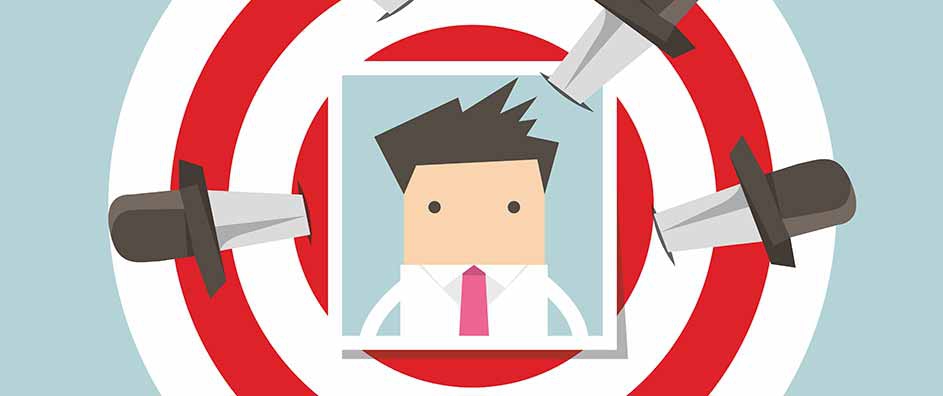



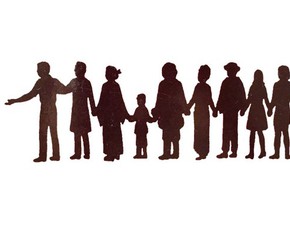
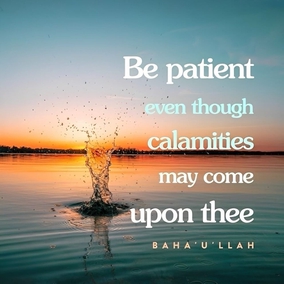
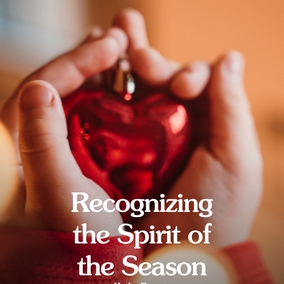
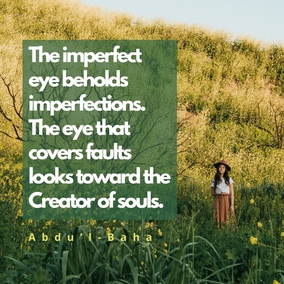






By 'Straw Houses' do you mean the houses of parliaments?
What do you think of the idea that for all national legislations citizenry should be asked to vote or polled as is done in Switzerland for example?
While it sounds like a great idea on the surface, mandatory voting can be disastrous if the electorate is not well-informed, but since this is already true of those who register to vote and actually turn up ...at the polls (and who do so often based on irrational emotions), I tend to think it can't be worse than what we have now.
I definitely believe that all citizens should be automatically registered to vote and issued voter ID so there's less red tape and chance for partisan manipulation. I also would like to see voting done eventually via electronic devices some day. The same technology that protects my bank account can protect my vote from manipulation or tampering.